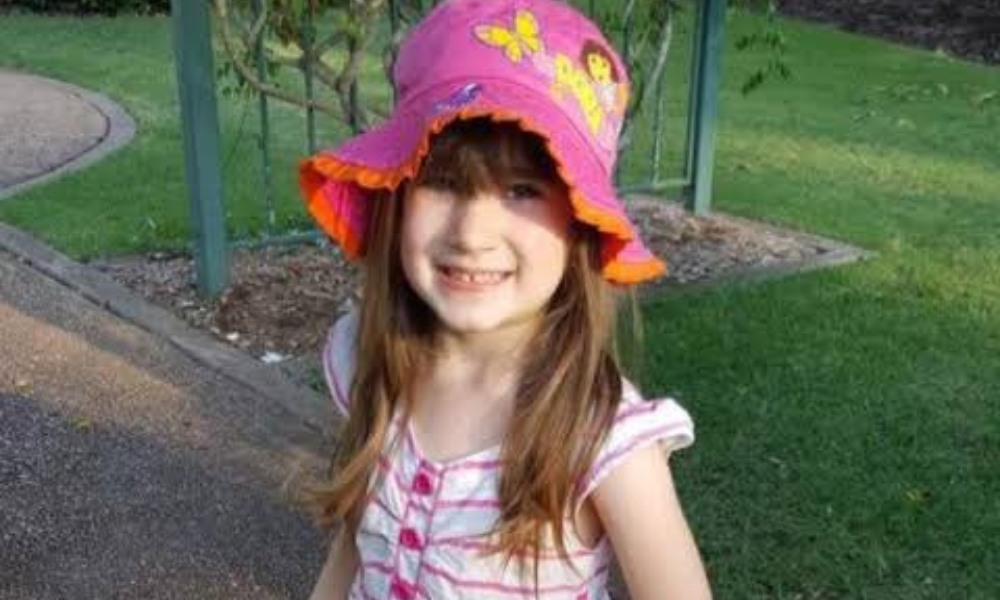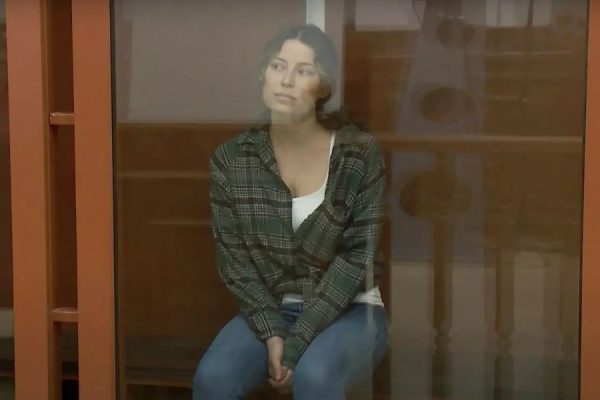Brisbane: A court has found fourteen members of a small religious sect in Australia guilty of manslaughter. They were convicted for refusing medical care to an 8-year-old girl, Elizabeth Struhs, who had diabetes. Instead of administering insulin, they relied on prayer, believing God would heal her. As she lay dying, they sang and prayed, refusing to seek medical help.
A Tragic Death in the Name of Faith
Elizabeth Struhs suffered from Type-1 diabetes. She needed insulin to survive. But her parents and fellow church members believed in divine healing. They stopped her treatment on January 2, 2022, claiming that God had cured her. Over the next few days, Elizabeth’s health declined rapidly. She became weak, vomited, and struggled to stay conscious. Yet, the group refused to act.
On January 7, Elizabeth stopped breathing. Instead of calling emergency services, the group continued to pray. They believed she would rise from the dead. Her father, Jason Struhs, finally contacted authorities 36 hours later. By then, it was too late.
Court Finds Sect Members Guilty
After a nine-week trial at Brisbane’s Supreme Court, all 14 members were convicted of manslaughter. The trial included testimonies from 60 witnesses and reviewed hundreds of exhibits. Justice Martin Burns stated that Elizabeth’s death was “inevitable” due to the group’s refusal to provide medical care.
Burns acknowledged that Elizabeth was a “vibrant, happy child” who was deeply loved by the group. However, he said their strict religious beliefs overruled common sense. They deprived her of the only thing that could have saved her—insulin.
The Role of the Church’s Leader
The sect’s leader, Brendan Stevens, played a crucial role in the tragedy. He reassured Elizabeth’s parents that God would heal her. Even as she grew weaker, he urged them to continue their faith. The court ruled that Stevens and Jason Struhs bore significant responsibility for her death. Both were initially charged with murder but were convicted of manslaughter instead. The court found that, while they were reckless, it could not be proven they knowingly caused her death.
Sect’s Beliefs and Practices
The religious sect operated as a small, isolated group. They followed Christian teachings but rejected mainstream medicine. Members gathered three times a week for prayer. They believed in faith healing and saw modern medicine as “witchcraft.” This belief led to Elizabeth’s suffering and death.
The Final Days of Elizabeth Struhs
On January 2, 2022, Jason Struhs told church members that Elizabeth had been healed. She received her last insulin dose that night. The next morning, her glucose levels were normal, reinforcing their belief. Her father told her to put away her glucometer, saying she would no longer need it.
By January 3, Elizabeth began to deteriorate. Over the next four days, church members took turns sitting by her bedside. They sent text updates describing her as “restless” and “weak.” Even as her condition worsened, they refused medical help. Instead, they prayed, believing that “God shall prevail.”
Desperate Attempts at Resurrection
When Elizabeth stopped breathing, the group did not accept her death. They surrounded her body, singing and praying for resurrection. One text message read: “Elizabeth does not appear to be breathing apparently, but we will see a victory very soon. God can do anything!”
It wasn’t until 36 hours later that Jason Struhs called emergency services. He admitted that they could not keep a corpse in the house forever. By then, Elizabeth had been dead for more than a day.
The Verdict and What Comes Next
All 14 sect members were found guilty of manslaughter. They will be sentenced on February 11. Outside the courtroom, Elizabeth’s older sister, Jayde Struhs, expressed relief. “It’s been a long and hard three years. Not a moment has gone by that I haven’t thought about my little sister,” she said.
This case highlights the dangers of extreme religious beliefs. It raises questions about faith, medical responsibility, and child protection. While religious freedom is respected, the law is clear—denying life-saving medical care is a crime. Elizabeth’s tragic death serves as a painful reminder of that truth.












